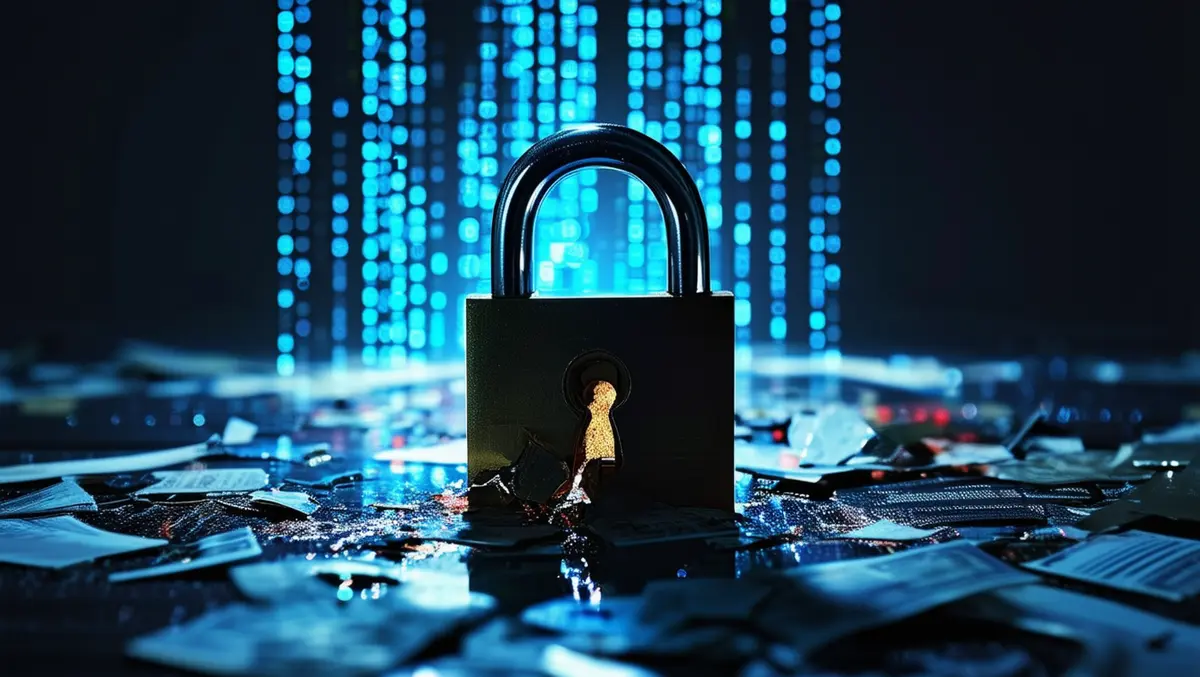
Marketing vs. reality – What we can learn from the Ashley Madison hack
The recent Netflix documentary “Ashley Madison: Sex, Lies & Scandal” took us behind the scenes of one of the most infamous data breaches in history.
Like a thriller novel come to life, the Ashley Madison hack story had everything: a controversial product, high stakes and mysterious hackers who were never caught.
Back in 2015, more than 30 million users of the dating site suddenly found out their most well-kept secrets were no longer safe. Imagine the surprise of the users waking up to discover their private data splashed across the web for anyone to see. After all, the brand promised utmost confidentiality and data security. Why did this happen?
“Life is short. Have an affair.” The famous tagline promised a safe space for married people to have affairs. Instead, reports indicate that it operated more like an unsecure centralised collection of personal information.
When hackers breached Ashley Madison’s databases, it wasn’t just names and email addresses that were exposed – payment details, physical descriptions and even those “secret” fantasies were out in the open. The Netflix documentary gave us a peek at a few of the many lives that were affected.
The power of a strong brand
Ashley Madison sold an image: a titillating, clandestine adventure protected by a veil of secrecy. The brand was built on the promise of discretion and confidentiality. As the former employees of the company explained in the docuseries, the site was marketed to people as a way to enjoy the thrill of a private affair – without their partner knowing about it.
For many users, this promise was worth the cost of admission. The site still has a pay-to-play charging structure, where male users buy credits to be able to message their matches. (Yes, the site is alive and thriving.)
What lies behind the marketing
So, how did Ashley Madison manage to convince millions of people their secrets were safe? The short answer is a strong, exciting brand. And it did help that they touted robust security and ironclad confidentiality.
However, things were not as good as they seemed. The warning signs were there – vague security assurances, hidden fees for data deletion and a business model that prioritised profits over privacy.
The red flags were justified. For example, there were many odd-looking safety badges on the site claiming it was trusted and secure – they were all fake. Another red flag was charging users extra to delete their own data, which we believe to be sketchy practice in and of itself. Making matters worse, it turned out that the service was non-existent.
It’s important to be wary of any product or service that makes a lot of promises without detailing how it is delivered. Real security starts with transparency and a proven track record, not just glossy ads.
What to look for when signing up to a dating service
When diving into the world of online dating, a bit of caution goes a long way. Here are some tips to help you stay safe and secure:
- Check the site’s privacy policy. Ensure the service has a clear, comprehensive privacy policy that explains how your data will be used and protected.
- Look for HTTPS. Always use sites with HTTPS in their web address. This means the site has at least a basic level of encryption.
- Use two-factor authentication. Opt for services that offer two-factor authentication (2FA). This adds an extra layer of security.
- Use unique password. Never reuse passwords. Use a unique, strong password for each dating site and consider using a password manager.
- Read reviews. Look up reviews and news about the site. If there have been security issues in the past, you’ll likely find warnings from other users.
- Limit personal information. Be cautious about the amount of personal information you share. Only provide what’s necessary and avoid linking to other social media accounts. Be careful with what you share on the site as in real-life.
- Keep an eye out for scammers. Dating scams have become fairly common. Don’t ignore any red flags, such as asking for money or avoiding video calls.
Dating smart
Dating sometimes makes us feel a bit vulnerable at first – but that should just be limited to the getting-to-know-the-person part, not the online-safety part. Dating should be fun, exciting, and most importantly, safe.
The Ashley Madison hack was a wake-up call for everyone about the importance of digital security. By staying informed and vigilant, you can enjoy the online dating scene without compromising your privacy. Remember, your secrets deserve to stay secret, and with the right precautions, they can.
Ashley Madison is a trademark of Ruby Life, Inc. Netflix is a trademark of Netflix, Inc.

